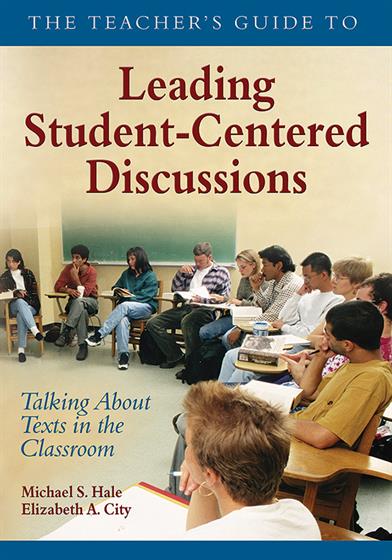Hands-on, Practical Guidance for Educators
From math,
literacy, science, equity, multilingual learners, and SEL, to assessment, school counseling,
and education leadership, our books are research-based and authored by experts
on topics most relevant to what educators are facing today.
The Teacher's Guide to Leading Student-Centered Discussions
Talking About Texts in the Classroom
Facilitate dynamic classroom discussions that motivate students and deepen their understanding!
Engage and enlighten students by skillfully guiding them through thought-provoking classroom discussions using these straightforward strategies. Aligned with the principles of Paideia and Socratic seminars, and packed with real-life examples, this teacher-friendly resource highlights the fundamentals of planning for text-based discourse, the four key factors that shape the teacher's decision making during discussions, and tips for problem solving and fine-tuning facilitation skills.
Engage and enlighten students by skillfully guiding them through thought-provoking classroom discussions using these straightforward strategies. Aligned with the principles of Paideia and Socratic seminars, and packed with real-life examples, this teacher-friendly resource highlights the fundamentals of planning for text-based discourse, the four key factors that shape the teacher's decision making during discussions, and tips for problem solving and fine-tuning facilitation skills.
Product Details
- Grade Level: PreK-12
- ISBN: 9781412906357
- Published By: Corwin
- Year: 2006
- Page Count: 136
- Publication date: April 05, 2006
Other Titles in: Physical Impairments | Teaching Methods & Learning Styles | Critical Thinking Skills



